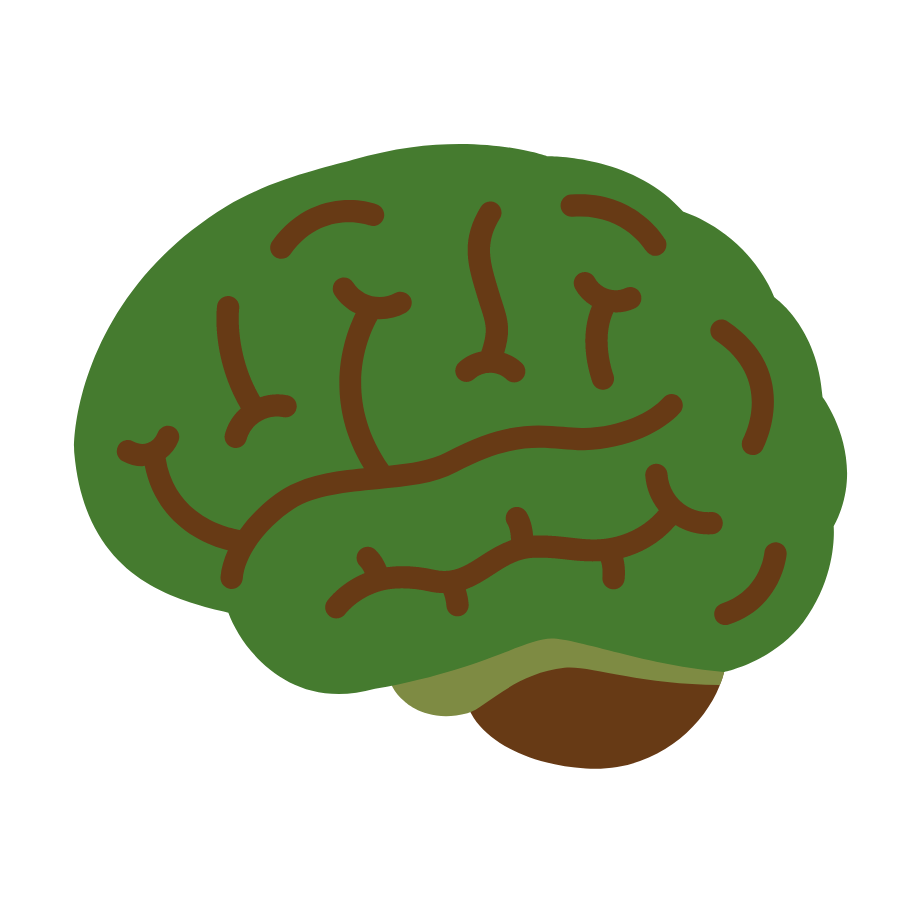Professor Narender Ramnani Steps into Presidency at the British Neuroscience Association
29th April 2025
The BNA is joining other organisations and institutions across the UK and globally in declaring a climate emergency and taking action in response, raising awareness within the neuroscience sector of the urgent need to minimise the negative environmental impact of undertaking research, teaching and practice.[1]
We are also recognise that extreme heat brought upon by changes to the climate is likely to negatively affect the health of people with brain conditions - the BNA has signed a consensus statement on the need to address global heat resilience.
 We're committed to making the BNA as environmentally responsible as possible in all our activities – from how we organise our own events and provide support for neuroscientists, to how we can work with other organisations involved in neuroscience research. We have established a Green Neuroscience Working Group (GNWG) to help guide our activities, set targets for the BNA on carbon reduction, and raise the profile of green neuroscience within the wider neuroscience community.
We're committed to making the BNA as environmentally responsible as possible in all our activities – from how we organise our own events and provide support for neuroscientists, to how we can work with other organisations involved in neuroscience research. We have established a Green Neuroscience Working Group (GNWG) to help guide our activities, set targets for the BNA on carbon reduction, and raise the profile of green neuroscience within the wider neuroscience community.
We have already made changes to practices at the BNA to reduce our carbon footprint, including:
The BNA will also facilitate engagement on sustainability by providing an opportunity to promote green neuroscience and engage with delegates at our biennial Festival.
Our Credibility in Neuroscience campaign also aims to ultimately reduce waste in neuroscience research through boosting reproducibility of the research produced.
We want to support neuroscientists to make positive steps to reduce the environmental impact of their own research activities. Part of the remit of the GNWG is to identify ways that the BNA can help to support individual researchers that strive to make a difference – be that in their own research, their academic career, or in their own institutions.
We are encouraging our Local Groups to help support individuals that want to raise the profile of the need for more sustainable research. This includes collective action to encourage institutions to go greener.
Research labs have a large environmental footprint, from the various consumables of a project and animal housing for in vivo research, to the overall energy consumption. The Laboratory Efficiency Assessment Framework (LEAF) has been developed by UCL to provide an independent standard for defined sustainability.
The UK has committed to achieve net zero by 2050, to cancel out the carbon emissions produced by the amount removed.[2] Several research organisations are already aiming to change practice to meet these targets, for example the MRC (a LEAF member) is planning to halve its carbon footprint by 2030 and achieve net zero by 2040.[3]
We are encouraging neuroscience research labs to encourage their institution to participate in LEAF and to then implement this within their labs.
Our GNWG aims to meet every 2-3 months, and has the following members: Charlotte Rae (University of Sussex), Martin Farley (UKRI), Kate Jeffery (University of Glasgow), Amy Sylvester (University of Oxford), Tara Spires-Jones (BNA President), Laura Ajram, Louise Tratt and Joseph Clift (all BNA Executive).
The GNWG was formed following a special session on Green Neuroscience held at the BNA Festival of Neuroscience in 2021, which is accessible below: